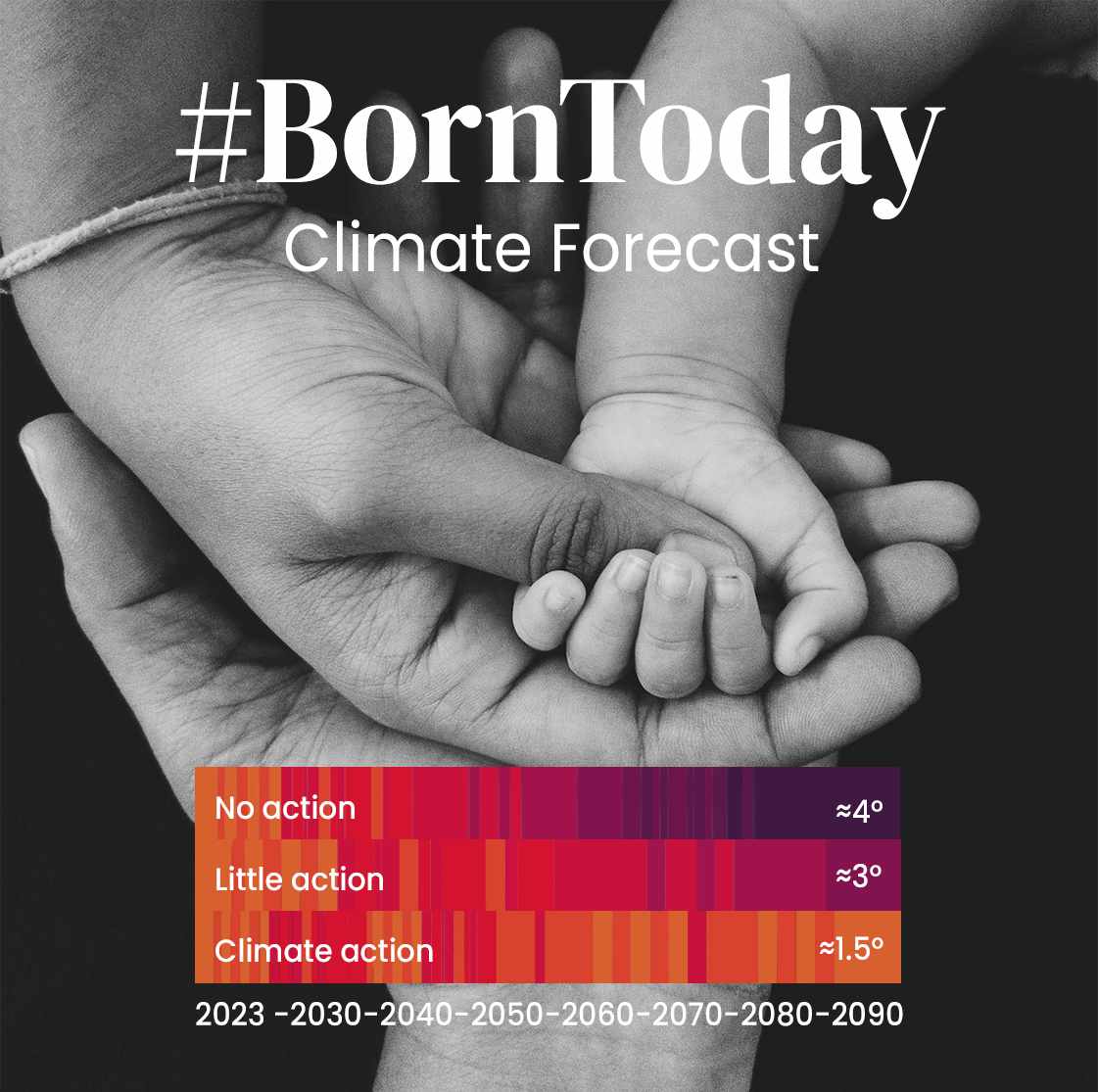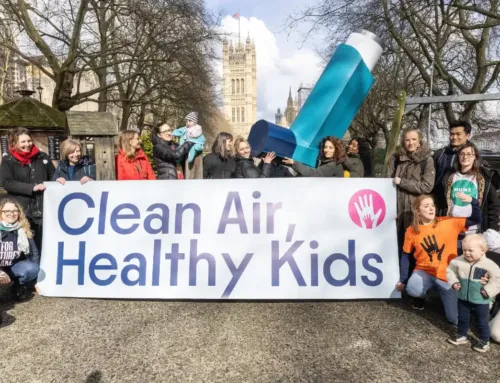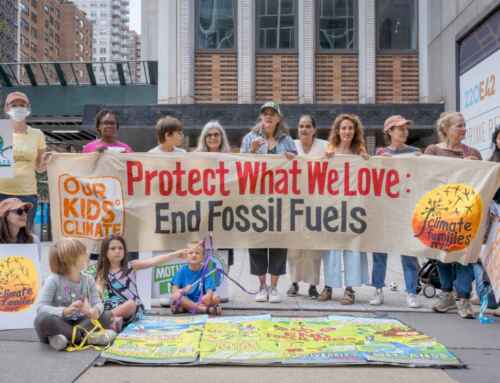PRESS RELEASES
Mothers plea for climate action for children’s sake in response to IPCC Synthesis report.
The IPCC report warns “there is a rapidly closing window of opportunity to secure a liveable and sustainable future for all”
In reaction to today’s IPCC Synthesis report, mothers from across the globe, spoke about their concerns for children growing up in the midst of the climate crisis and the need for urgent action to protect children’s futures. The mothers are from the UK, South Africa, The Solomon Islands, India and Brazil.
Maya Mailer, Co-Director of Our Kids Climate, a network of parents taking action on climate worldwide, and founder of UK-parent group Mothers Rise Up said:
“The science is clear: there can be no new fossil fuels if we’re to have a fighting chance of a liveable future. As a global network of parents, our hearts are breaking as we think of all the children suffering right now – and what the future holds for all children and those yet to be born. It’s past time to act.”
Xoli Fuyani, from Our Kids Climate and Black Girls Rising in South Africa said:
“The most marginalized children in South Africa are being hit hard by the climate crisis now. When it floods it is the children in the townships that are displaced and cannot go to school. The climate crisis is compounding inequality and injustice. Our children will be inheriting this planet and we should be asking ourselves what kind of world we are leaving behind. For our children’s sake, this report must trigger the bold action that is long overdue.”
Aydah Akao, a mother from the Solomon Islands and the coordinator of the Network for the Indigenous Peoples Solomon (NIPS) said:
“In the Solomon Islands, we are already living climate change every day. We want to continue living on the islands. This is our home. Our parents and forefathers have lived here. Cyclones and extreme weather are becoming more frequent. The schools are very close to the shore. In extreme weather, waves reach close to the classrooms. What kind of future will our children grow up in?”
Bhavreen Kandhari from Warrior Moms in India said:
“This report needs to trigger bold and decisive action to protect our planet and the future of our children. Fossil fuels are damaging our children’s health now, and robbing them of their futures. Today every third child in Delhi has damaged lungs from air polluted by fossil fuels. Our children need a rapid and just transition to life-saving clean, renewable energy. We are determined to keep fighting for our children and their right to breathe clean air and grow up on a healthy planet.”
Mariana Menezes, from Familias Pelo Clima in Brazil said:
“The effects of climate change in Brazil are already being felt unequivocally and we cannot let this scenario get worse. In February, on the coast of São Paulo we had the heaviest rainfall ever recorded. Dozens of people died and thousands lost their homes. Children are traumatized and have not attended classes for weeks because their schools have been covered in mud. In various parts of Brazil, every day the fear of what heavy rains can cause is growing. For us and for all the children who cannot defend their own future, we cannot abandon the 1.5C target. World leaders need to listen to science and act fast.”
Winona Bateman, Director, Families for a Livable Climate in Montana, USA said:
“In Montana, our families already face more summer days with extreme temperatures, a longer fire season and more wildfire smoke, among other impacts. It’s terrifying to imagine what temperature extremes children born today could experience during their lifetimes, if we fail to act. If fossil fuels win, every child will lose. We parents must win. And, we can win. Let’s stand up for our kids. We have no time to lose.”
ENDS
Notes to editors
On page 7 of the Summary For Policymakers of the IPCC Synthesis report is a graphic that shows the extent to which current and future generations will experience a hotter and different world depends on choices we make now and in the near term. It shows how the climate has already changed and will change along the lifespan of three representative generations (born in 1950, 1980 and 2020).
The mothers quoted are from Our Kids’ Climate and Parents For Future Global – two global networks uniting parents to act on climate.
For more information please contact Rebecca Wynn on rebecca@ourkidsclimate.org.





